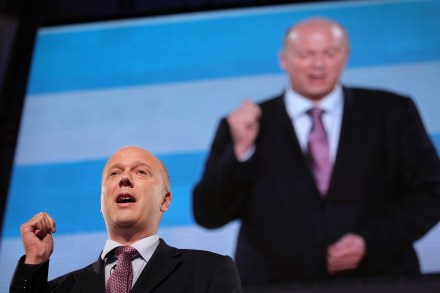Grayling mounts a robust defence
The Work Experience scheme is a sensible policy innovation. Giving the unemployed structure to their days, the chance to earn some experience and learn some skills is surely preferable to doing nothing for them beyond bunging them some money every week. Indeed, I would say that it was by far the more compassionate policy. Chris Grayling’s robust response to Polly Toynbee’s criticisms is a welcome example of the coalition taking on its critics. Grayling, who had a torrid election campaign, has recovered his footing at DWP and the Work Programme he is running is potentially transformative. It is based on the idea that the companies and voluntary organisations involved are















